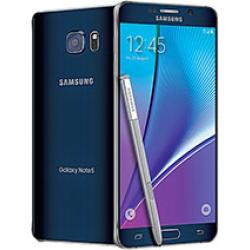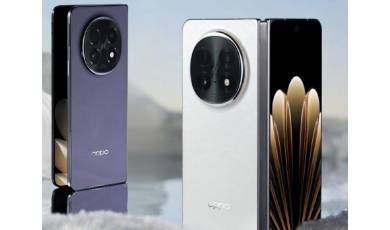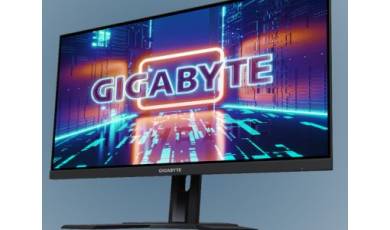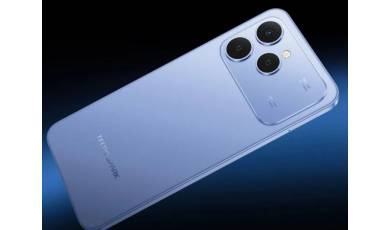Samsung Galaxy Note5 (USA) specs.
Mobiles >> Samsung >> Samsung Galaxy Note5 (USA)| Specifications | Reviews | Secret codes |
| Unlock phone | Root phone | Bypass FRP |
| Backup | Flash Firmware | Screenshot |

Basic Spec Samsung Galaxy Note5 (USA)
Smart Phone OS: An operating system (OS) is software that interacts between a user and a smartphone.
An operating system (OS) is software that interacts between a user and a smartphone.
Android 5.1.1 (Lollipop), upgradable to 7.0 (Nougat)
Chipset: Is a set of chips in the smartphone that control the CPU.
Is a set of chips in the smartphone that control the CPU.
Exynos 7420 Octa (14 nm)
CPU: Central processing unit
Central processing unit
Octa-core (4x2.1 GHz Cortex-A57 & 4x1.5 GHz Cortex-A53)
GPU: Graphics Processing Unit
Graphics Processing Unit
Mali-T760MP8
Display Samsung Galaxy Note5 (USA)
Type:
Super AMOLED capacitive touchscreen, 16M colors
Screen Size: This diagonal display size is usually measured in inches.
This diagonal display size is usually measured in inches.
5.7 inches, 89.6 cm2 (~76.8% screen-to-body ratio)
Screen Resolution: Screen resolution refers to the size of the image received on the screen in pixels
Screen resolution refers to the size of the image received on the screen in pixels
1440 x 2560 pixels, 16:9 ratio (~515 ppi density)
Protection:
Corning Gorilla Glass 4
Storage Samsung Galaxy Note5 (USA)
Card slot:
No
Internal:
32GB 4GB RAM, 64GB 4GB RAM Random Access Memory
Random Access Memory
Main Camera Samsung Galaxy Note5 (USA)
Single camera:
16 MP, f/1.9, 28mm (wide), 1/2.6", 1.12µm, AF, OIS
Features:
LED flash, panorama, HDR
Video:
2160p@30fps, 1080p@30/60fps, dual-video rec., stereo sound rec., gyro-EIS
Selfie camera Samsung Galaxy Note5 (USA)
Single camera:
5 MP, f/1.9, 22mm (wide)
Features:
Dual video call, Auto-HDR
Video:
1440p@30fps
Sound Samsung Galaxy Note5 (USA)
Loudspeaker:
Yes
3.5mm jack:
Yes
Network connectivity Samsung Galaxy Note5 (USA)
Technology:
GSM / CDMA Code Division Multiple Access / HSPA
Code Division Multiple Access / HSPA High Speed Packet Access / LTE
High Speed Packet Access / LTE
2G: Second generation cellular network
Second generation cellular network
GSM 850 / 900 / 1800 / 1900
3G: Third generation cellular network
Third generation cellular network
HSDPA High-Speed Downlink Packet Access 850 / 900 / 1900 / 2100 - N920V, N920R
High-Speed Downlink Packet Access 850 / 900 / 1900 / 2100 - N920V, N920R
4G: Fourth generation cellular network
Fourth generation cellular network
LTE band 2(1900), 3(1800), 4(1700/2100), 7(2600), 13(700) - N920V
Speed:
HSPA High Speed Packet Access 42.2/5.76 Mbps, LTE-A (3CA), EV-DO Rev.A 3.1 Mbps
High Speed Packet Access 42.2/5.76 Mbps, LTE-A (3CA), EV-DO Rev.A 3.1 Mbps
WLAN: Wireless Local Area Network
Wireless Local Area Network
Wi-Fi 802.11 a/b/g/n/ac, dual-band, Wi-Fi Direct, hotspot
Bluetooth: Bluetooth is used to exchange data between nearby mobile devices.
Bluetooth is used to exchange data between nearby mobile devices.
4.2, A2DP, EDR, LE
GPS: Global Positioning System
Global Positioning System
Yes, with A-GPS Assisted Global Positioning System, GLONASS
Assisted Global Positioning System, GLONASS GLObal NAvigation Satellite System
GLObal NAvigation Satellite System
NFC: Near field communication
Near field communication
Yes
Radio:
No
USB: Universal Serial Bus
Universal Serial Bus
microUSB 2.0, USB On-The-Go
Phone features Samsung Galaxy Note5 (USA)
Sensors:
Fingerprint (front-mounted), accelerometer, gyro, proximity, compass, barometer, heart rate, SpO2
Battery Samsung Galaxy Note5 (USA)
Battery:
Non-removable Li-Ion 3000 mAh battery
Charging:
Fast battery charging 15W (Quick Charge 2.0)
PMA wireless charging
PMA wireless charging
Talk time:
Up to 28 h (3G)
Music play:
Up to 57 h
Size Samsung Galaxy Note5 (USA)
Dimensions:
153.2 x 76.1 x 7.6 mm (6.03 x 3.00 x 0.30 in)
Weight:
171 g (6.03 oz)
SIM:
Nano-SIM
Comments, Questions and Answers about Samsung Galaxy Note5 (USA)
Ask a question about Samsung Galaxy Note5 (USA)





